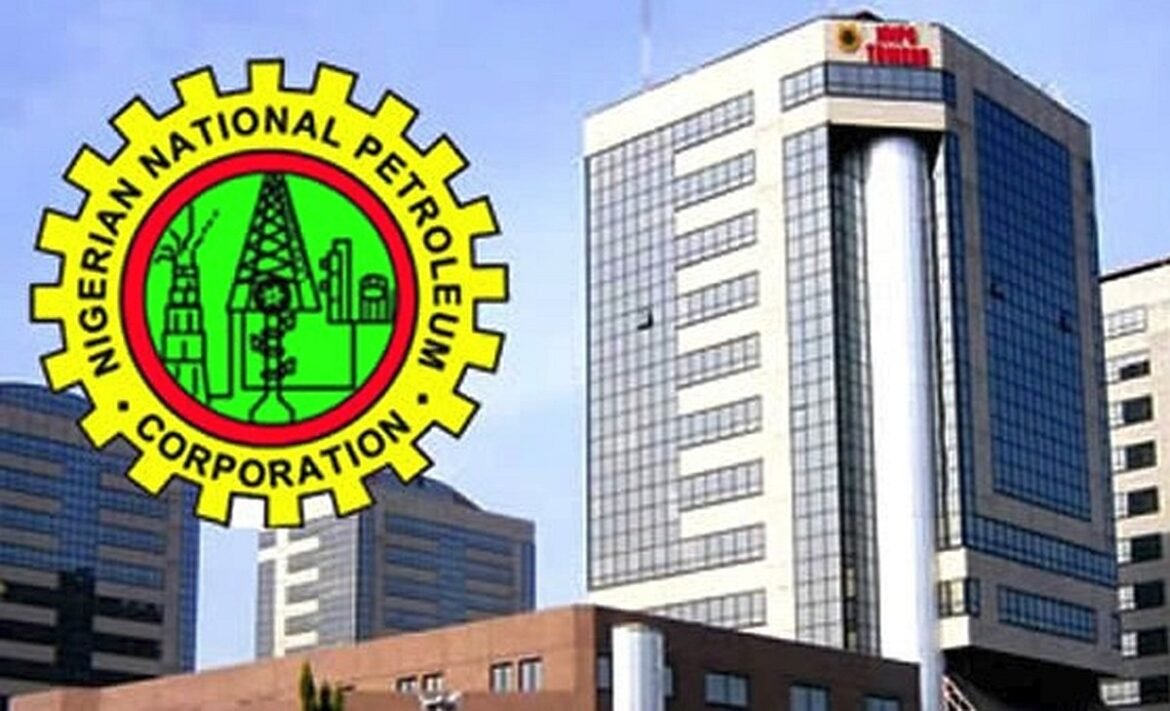The Nigerian National Petroleum Corporation (NNPC) says it will soon begin activation of Compressed Natural Gas (CNG) refill stations for motorists across the country.
The corporation disclosed this in a statement by the Group General Manager Public Affairs Division, Dr. Kennie Obateru, in Abuja, on Sunday.
The CNG (methane stored at high pressure) is a fuel that can be used in place of gasoline, diesel fuel and liquefied petroleum gas (LPG) and its combustion produces fewer undesirable gases than the others.
The deregulation of the oil downstream had triggered increase in the price of Premium Motor Spirit (PMS) also known as petrol in the country.
READ ALSO: Why Petrol Subsidy Had To End – Buhari
Minister of State, Petroleum Resources, Chief Timipre Sylva, had announced that the Federal Government would in the next couple of weeks inaugurate CNG Plants in all NNPC petrol stations across the country.
This, he said would serve as alternative to petrol for motorists in the country.
He said the idea was to support the ongoing initiatives by the Ministry of Petroleum Resources to provide alternate energy sources for Nigerians.
He quoted the Group Managing Director of the Corporation, Malam Mele Kyari, as saying that the National Oil Company had already keyed into the gas penetration agenda championed by Sylva.
Kyari noted that as an energy company with focus on cleaner and cheaper sources of fuel, the Corporation would continue to work with other stakeholders in the industry to provide viable alternatives to petrol.
This, he said would ultimately lead to reduction in demand for the product and eventual reduction in price.
READ ALSO: FG To Distribute 2,000 Buses To Cushion Effects Of Petrol Price Hike
He reiterated the commitment of the corporation towards openness and greater transparency in its operations.
Kyari said that in the months ahead NNPC would make public its 2019 Audited Financial Statements as a sequel to the 2018 AFS released in June.
On the state of the refineries, he said that the plants were deliberately shut down to allow for a robust diagnosis of the issues which have overtime made it impossible for the facilities to operate up to their ultimate capacities.
He added that the shutdown also became inevitable due to difficulties in feeding them with crude oil via the pipelines that had been completely compromised by vandals.
He said the Corporation was moving rapidly to execute complete rehabilitation of the refineries under an exercise that would guarantee restoration of the facilities to at least 90 per cent capacity utilisation.
(NAN)








